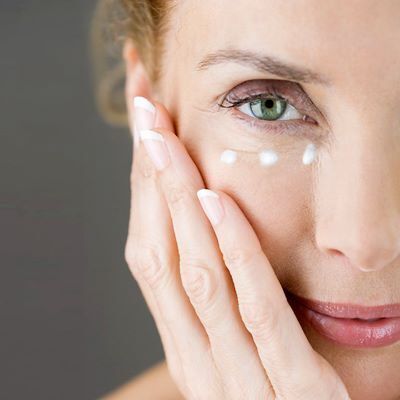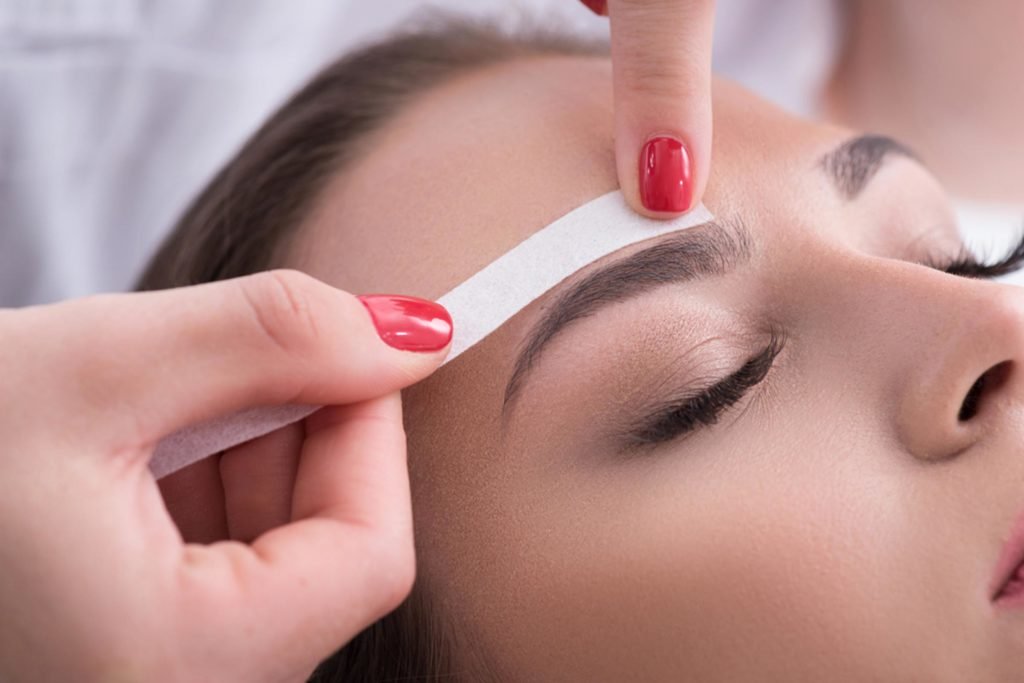
Many skin-care products and procedures are available to help you look younger and reduce wrinkles. Before you spend half of your salary on an anti-aging cream, it is essential to understand how your skin changes over time. Amy J. Derick, MD, a Barrington dermatologist, says skin aging can occur naturally as we age. Other factors, such as sun exposure and smoking, can cause the skin to look older. Dr. Derick explains that most signs of aging come from photodamage or sun damage.
This information can be used to combat the most common signs of aging and to preserve your skin’s health.
Myth: The better the results, the more expensive a product
The Truth: It is not the price of the skin-care product that determines its effectiveness, but what it contains. Dr. Derick states that tretinoin is the most effective cream to treat wrinkles. It is only available through prescription. It’s also relatively inexpensive as the price of tretinoin will depend on the product and the base. It is available in generic and brand names like Renova and Retina_. Talk to your dermatologist about finding cost-effective anti-aging products containing tretinoin for the best results.
Myth: Anti-Aging products always cause the skin to become irritated
Truth: Are you afraid that an anti-aging product will cause your skin to become redder, more irritated, or flaky? This is true, but it doesn’t mean you can’t get rid of wrinkles and look younger. “Most anti-aging products are exfoliating, so there’s a little peeling,” Dr. Derick explains. “But most topical anti-aging creams can be tolerated if you take it slow and adjust.”
Myth: Anti-Aging Products can be stopped once you see improvement
Truth: You may think you can stop using your products once you see the desired results — to appear younger and less wrinkled. You may need to keep using anti-aging products even after you start seeing results. Dr. Derick states that retinol is usually used for a long time. Before you stop using any anti-aging product for your skin, consult your dermatologist.
Myth: Someday, You Can Stop Wearing Sunscreen
Truth: “People used to think that most sun damages occurred before 18 years old, but this is a myth,” Dr. Derick states. As we age, sun damage is more common as we spend more time outside, such as gardening and golfing. Sunscreen should be worn every day. You must use sunscreen every day. Sunscreen at all ages is a great way to keep your skin young and prevent skin cancer.
Myth: Anti-Aging Face creams Should Be Used All Over
Truth: Anti-aging skin products can work on all parts of your body. You might end up broke using them this way. Although rich anti-aging creams for the skin can help promote youthful skin, it is not an economical solution. Dr. Derick states that face creams typically have a more excellent base (or vehicle) than body creams and are, therefore, more expensive.
Myth: The more products you use, the better
Truth: It’s common to believe that more is better. This is not true when it comes to anti-aging products for the skin. Dr. Derick explains that there are diminishing returns when you use more products. This means that you will see a less significant improvement in your skin with more products. You should be aware that there is an increased risk of irritation with anti-aging products.
Myth: After you’re out of the acne stage, your diet doesn’t matter
Truth: It is a definite myth that you should follow a diet to keep your skin healthy as you age. Dr. Deriek states that a healthy diet is good for your skin. You can experience hair loss, skin sallowness, cracking, and other problems if you don’t get enough nutrients or eat enough. You can also get pre-diabetic conditions like darkening skin and other health problems if you eat too often. Besides anti-aging products, a healthy diet rich in vitamins and nutrients will help your skin look younger.



